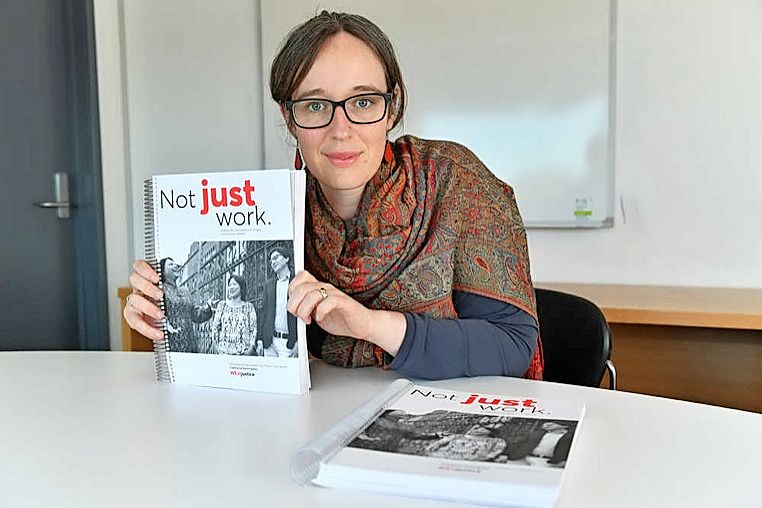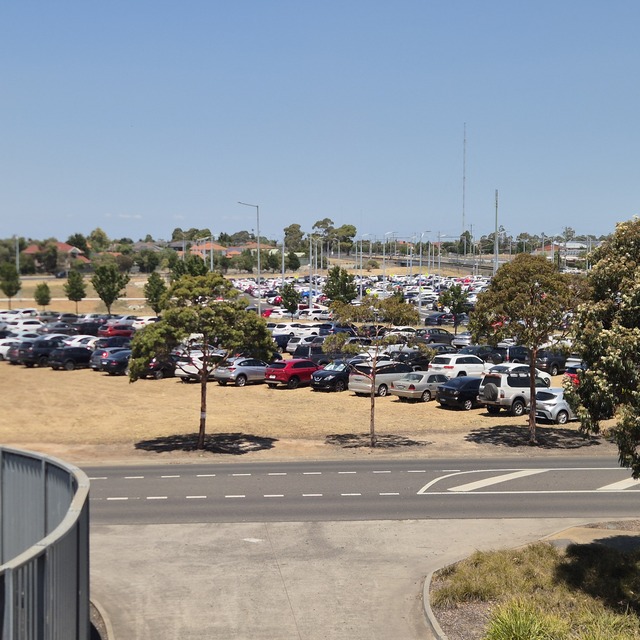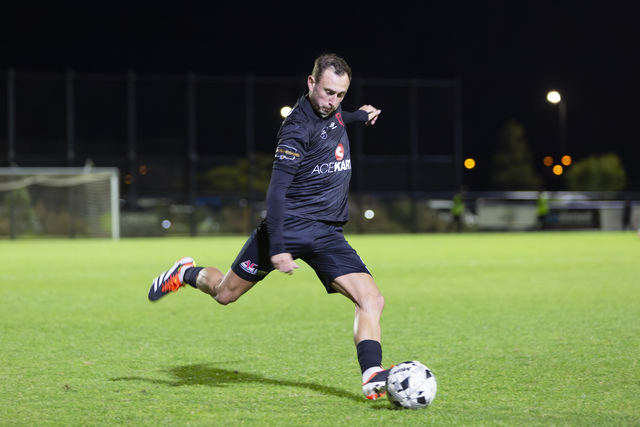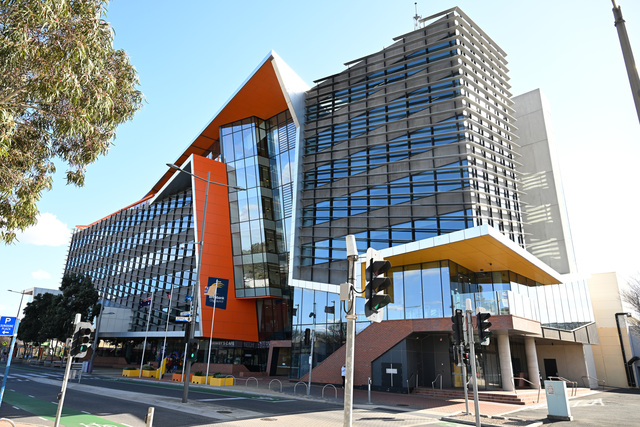Large numbers of migrants living in Melbourne’s west are exploited at work, a landmark report reveals.
Released last week, WEstjustice’s report Not just work pinpoints systemic and widespread exploitation that preys on some of society’s most vulnerable people.
Unscrupulous employees are taking advantage of people’s fear of losing work, or even being deported, to cheat some workers out of tens of thousands of dollars in wages and entitlements, the report states.
Report author Catherine Hemingway said exploitation is rife in industries, including food processing, hospitality, security, cleaning, construction, manufacturing and care work.
“Some of the exploitation we have seen is so gross there is no way the employee can say they didn’t realise – in one case we had two workers being paid one salary between them, earning about five dollars per hour,” she said.
“People may not know they are not being paid properly – we had someone being paid for four to five hours when they were doing 14-hour shifts.”
The report draws on surveys and consultation with newly arrived and refugee workers, community leaders and staff at community organisations and agencies, as well as reports gathered through WEstjustice’s pilot employment law service and community education program.
Ms Hemingway said laws have struggled to keep pace with the rapid change in employment practices, opening the door for sham contracting, gross underpayment and other forms of exploitation.
While WEstjustice’s refugee employment law project has helped more than 200 workers from more than 30 countries in the past two years, Ms Hemingway believes this is merely the tip of the iceberg of rogue employees taking advantage of migrants.
The service trains community leaders to help new residents understand the laws that protect workers, and know how to identify illegal work arrangements.
Neng Boi, a Burmese refugee of Kuki ethnic background, said she and other leaders have worked to educate their communities on their rights and responsibilities in the workplace.
“People are often afraid they will lose their job for speaking out,” she said.
“They know it is unfair, but because they may be settling here with no qualifications and find it so hard to get work, they are fearful.
“For us the first step is to encourage them to understand their rights, then to get legal advice from WEstjustice.”

















